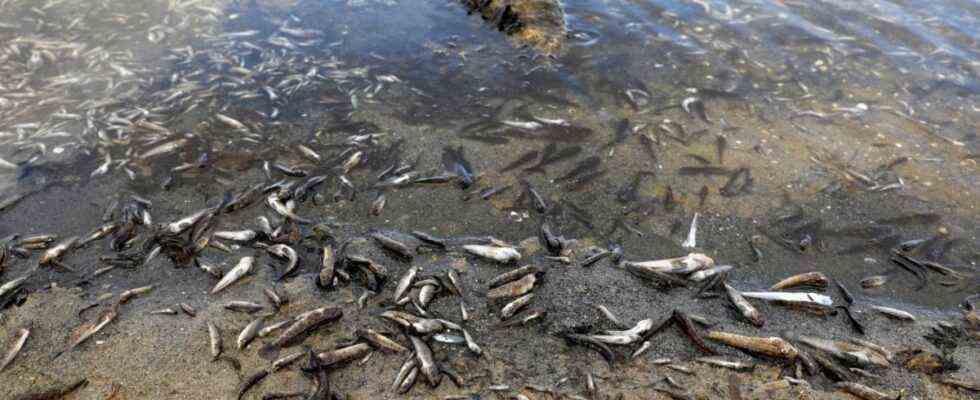The largest salt water lagoon in Europe, the Mar Menor in southern Spain, is something very special. Squids live there, flamingos, seahorses and many animals and plants that are not found anywhere else in the Mediterranean. It is rightly under the protection of the United Nations and the Spanish government. Nevertheless, dead fish and marine animals have been washed up on the beach in massive numbers for days – more than four tons in a single week. How can that be?
The fish deaths in the Mar Menor show once again what priority the protection of the seas has in Europe: none at all. Theoretically, most people find it important and right not to over-fish the oceans, to poison them with sewage and to cover them with plastic. In practice, however, marine protection is nothing more than a nice-to-have, a kind of luxury that you can afford when nothing more important is pending.
Agriculture and fishing have priority
That is wrong and dangerous. Among other things, because the oceans play an essential role in the earth’s climate system and ensure a continuous supply of oxygen into the atmosphere. In purely mathematical terms, the oxygen in every second breath that everyone takes comes from the oceans. When these cycles no longer work, the survival of mankind and many other living beings on earth is at risk.
So it should be in our best interests to put the protection of the seas high on the priority list and to protect the oceans not only on paper but also in practice. There are many starting points for this, but most of the really effective measures require a drastic rethinking and rearrangement of the priority list.
Take agriculture as an example: One of the main causes of fish deaths in the Mar Menor is the intensive agriculture in the region, through which vast amounts of nitrogen and phosphorus from fertilizers enter the lagoon. Banning intensive agriculture in the vicinity of the sensitive ecosystem would mean that Germans would also have to forego fruit and vegetables from one of the most important growing regions in Europe.
Take fishing as an example: Much would have been gained if at least industrial fishing were banned in marine protected areas. Absurdly, that’s not the case. Germany is no exception: in the North Sea, for example, large fishing trawlers are allowed to cast huge bottom trawls in the middle of protected areas and thus destroy everything that lives on the seabed. Incorrect prioritization couldn’t be more obvious.

